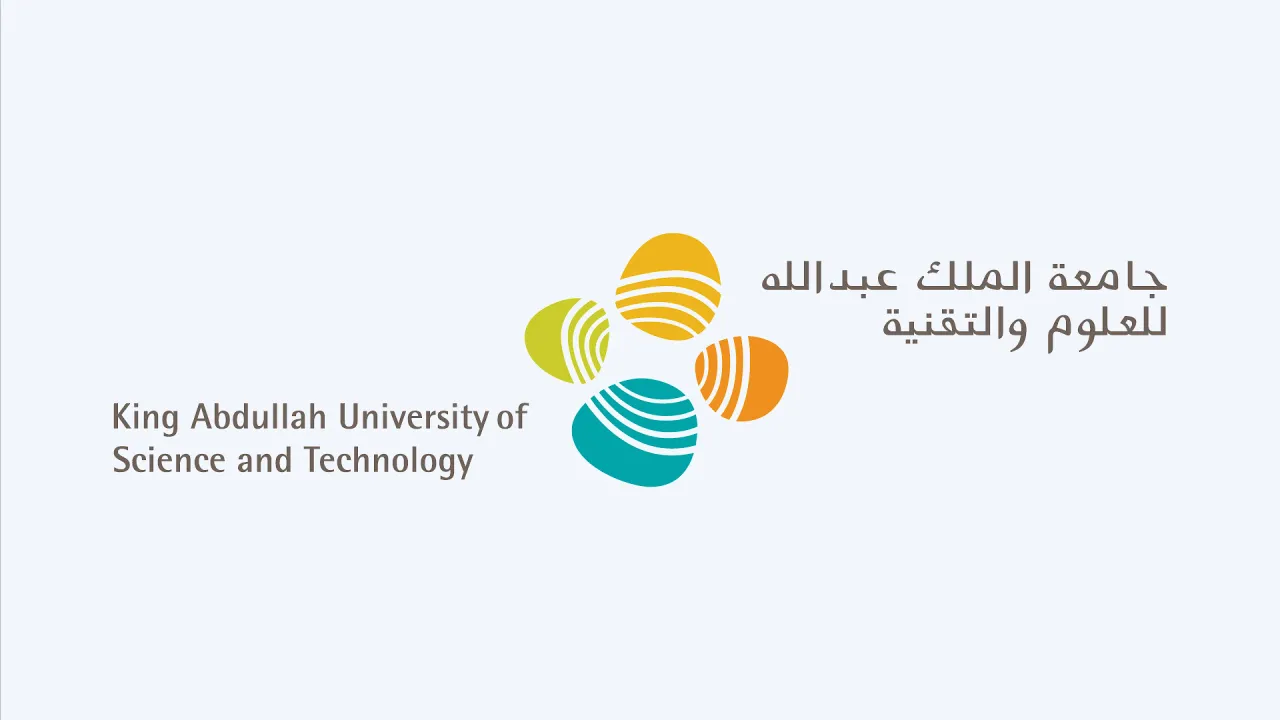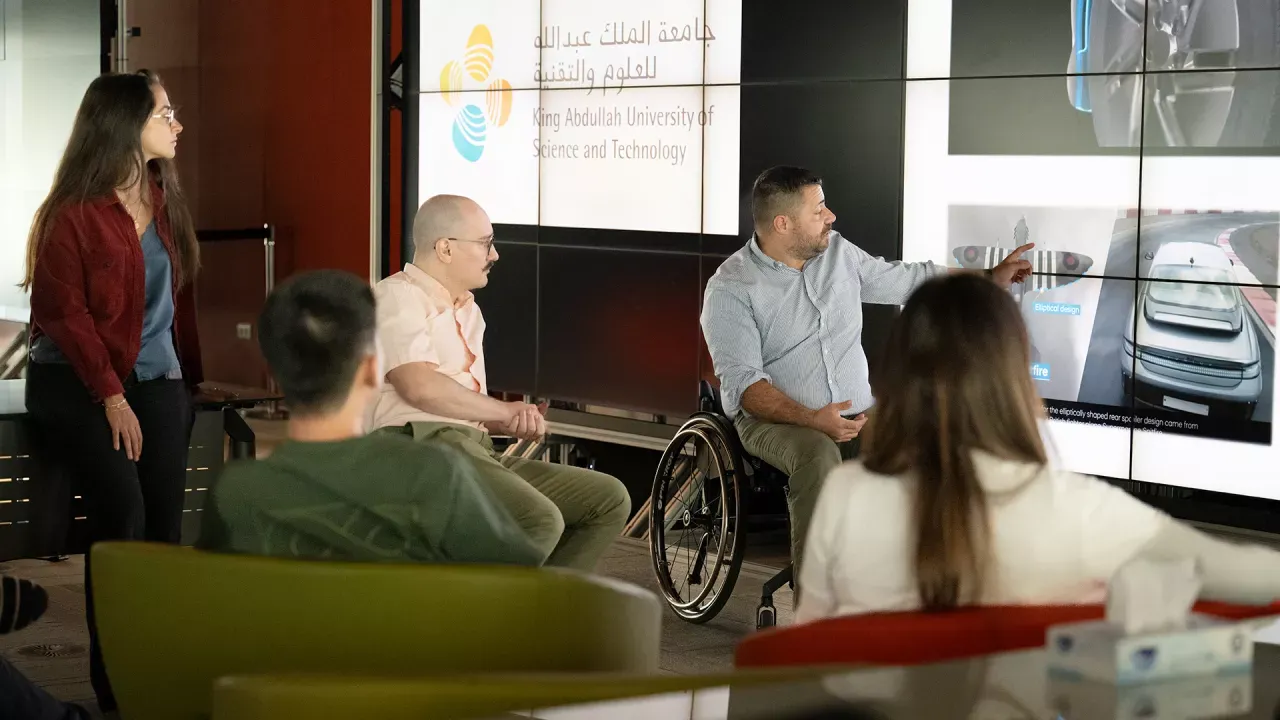Advanced Algorithm and Numerical Simulations Laboratory Research Group

Professor Matteo Parsani leads the AANSLab research group, which stands for
Advanced Algorithm and Numerical Simulations Laboratory
Research group areas of expertise and current scientific interests:
scientific computing, numerical stability, multi-scale simulations
Our research focus is scientific computing. Scientific Computing is nowadays the “third pillar of science”, standing right next to theoretical analysis and experiments for scientific discovery. With a special design, a particular flavor of collocation DG scheme is created with discrete differentiation operators that satisfy the summation-by-parts (SBP) property. This is important because the DG approximation can then be constructed to conserve primary quantities, like the density, as well as incorporate auxiliary physical principles, like the second law of thermodynamics. Generally, this builds a DG framework that can discretize split forms of the governing PDEs at high-order.
The research in the Advanced Algorithms and Numerical Simulations Lab (AANSLab) currently focuses on:
- Stability and efficiency of spatial and temporal discretizations and mimetic & structure-preserving techniques which allow transferring the results from the continuous level to the discrete one (e.g., energy and entropy stability analysis).
- Design and analysis of numerical schemes that approximate the solution to hyperbolic PDEs, e.g., shallow water, compressible Euler, or ideal magnetohydrodynamic (MHD) as well as mixed hyperbolic-parabolic PDEs, e.g., the compressible Navier-Stokes.
- Solving industrial hitherto intractable multi-scale flow problems (e.g., highly-separated turbulent flows with LES and DNS, aeroacoustics, shallow water equations, and supercritical fluids at different flow regimes) with our in-house codes on hundreds of thousands of cores and the emerging heterogeneous data-centric computing hardware.
In particular, in our laboratory, we develop:
- hp-adaptive energy and entropy stable high-order nodal discontinuous Galerkin (DG) numerical methods for linear and non-linear PDEs on unstructured grids.
- Adaptive Runge-Kutta time integration schemes for linear and non-linear PDEs.




